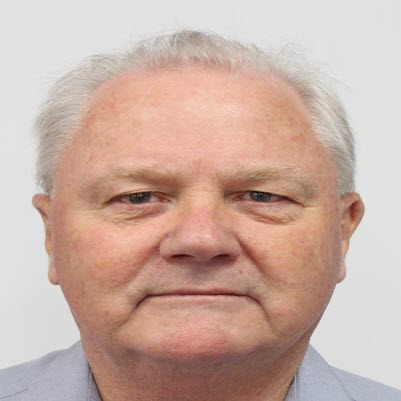New Technologies: Dissonance, Influence and Radical Behaviours

Abstract
Increasingly in cyberspace, the targets of influence and propaganda are becoming active participants in the process, as such phenomena such as social web sites allow arguments to be started, reinforced and added to be others within the group. This dynamic multi-channel process of indoctrination enabled by Web 2 tools has brought a new dimension to the development of influence. This speculative paper argues that although conventional access to messages on the Internet will reinforce, and possibly change attitudes, any dissonance caused by the ideas presented will not necessarily end in changing behaviours. Shocking images and contrary views that cause dissonance with ‘acceptable’ behaviour patterns and national myths will not necessarily end with ‘conversions’ of the participants and lead to extremist behaviour. The caveat here is that the process of radicalization has not already been started by other factors. However, the advent of Web 2 and mobile technology has created a more problematic situation where virtual communities have provided previously missing elements needed to change cognition into behaviour – a sense of belonging and a like-minded support group.
This paper comments on the impact of new technologies in creating dissonance and speculates on its impact which may or may not lead to radical changes in behaviour.
AUTHORS

Security Research Institute Edith Cowan University
Perth, Australia.
Professor Bill Hutchinson was Foundation IBM Chair in Information Security at Edith Cowan University in Western Australia. He was Director of SECAU (Security Research Centre) and was coordinator of the Information Operations and Security programmes. From 2000 to 2010, he was the Chief Editor and founder of the Journal of Information Warfare.
Published In
Journal of Information Warfare
The definitive publication for the best and latest research and analysis on information warfare, information operations, and cyber crime. Available in traditional hard copy or online.
Quick Links
Archive

